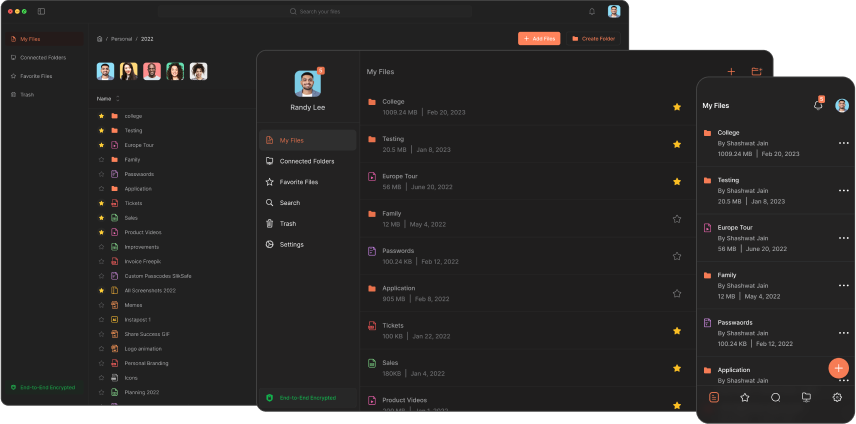The Ultimate Guide to Enhancing Your Resume with Accents
In today's competitive job market, a well-crafted resume is your first step toward landing your dream job. One of the most effective, yet often overlooked, ways to make your resume stand out is by incorporating subtle accents. These enhancements can improve readability, highlight key information, and give your resume a professional appearance. In this ultimate guide, we will dive deep into the world of resume accents and show you how to use them effectively.
Why Use Resume Accents?
1. Visual Appeal
A visually appealing resume can capture the attention of hiring managers. Accents such as bullet points, color highlights, and different font styles can make your resume more attractive and easier to skim through.
2. Emphasizes Key Information
Accents help in differentiating important sections and specific accomplishments, ensuring that crucial information stands out amidst a sea of text.
3. Professionalism
Well-placed accents can give your resume a polished, professional appearance, which can leave a lasting positive impression on potential employers.
4. Improved Readability
Strategically used accents facilitate better readability, making it easier for hiring managers to quickly identify your skills, experiences, and achievements.
Types of Resume Accents
1. Bullet Points
Bullet points are essential for listing duties, achievements, and skills succinctly. They break down lengthy paragraphs into digestible pieces of information.
2. Bold Text
Bold text is ideal for section headers, job titles, or crucial achievements. This helps emphasize significant parts of your resume.
3. Italics
Italics can be used sparingly for less critical information or to indicate elements like company names or short descriptions.
4. Underline
Use underlines for section titles or important notes to lend additional emphasis.
5. Color Accents
Incorporating color should be done cautiously. Stick to one or two colors that align with your industry’s standards. Typically, blue or gray shades are considered professional.
6. Icons
Icons can be used to represent sections like contact information, social media profiles, or key skills. Make sure they are simple and not overly decorative.
How to Implement Resume Accents
1. Choose a Consistent Format
Consistency is key. Select one or two types of accents and apply them uniformly throughout your resume. For example:
Experience
- [Job Title] at [Company Name] (Month Year - Month Year)
- Achievement 1
- Achievement 2
Education
- [Degree] from [University Name] (Year - Year)
2. Use White Space Wisely
White space makes your resume less cluttered and more readable. Ensure there is ample spacing around your accented elements.
3. Highlight Key Sections
Use bold or underline to distinguish critical sections like "Experience," "Skills," and "Education."
Skills
- Proficient in:
- HTML, CSS, JavaScript
- Python, Java
- SQL, NoSQL databases
4. Restrain Usage
While accents are beneficial, too many can make your resume appear busy and distracting. Use them sparingly to maintain a clean, professional look.
Best Practices
1. Keep ATS in Mind
Most companies use Applicant Tracking Systems (ATS) to scan resumes. Ensure your use of accents does not interfere with ATS readability. Stick to standard fonts and avoid intricate designs.
2. Tailor for Each Job
Customize your resume accents based on the job you are applying for. Highlight the skills and experiences most relevant to the job description.
3. Use High-Quality Paper
If you are submitting a physical copy, print your resume on high-quality paper. The accents will stand out more effectively on a good-quality print.
4. Review and Proofread
Double-check your resume for any discrepancies. Accented text should be free from typos and errors. Consider having a friend or professional review your resume.
Conclusion
Accents are subtle yet powerful tools that can transform your resume from bland to eye-catching. By using bullet points, bold text, italics, underlines, color accents, and icons strategically, you can enhance the visual appeal, emphasize key information, and increase readability. Remember to keep the formatting consistent and avoid overloading your resume with too many accents. Follow the best practices, keep ATS compatibility in mind, and tailor your resume for each job application to ensure maximum impact.
Enhance your resume with the right accents, and you might just secure that interview you’ve been eyeing. Happy job hunting!
By adhering to SEO guidelines, we ensure that this comprehensive guide on resume accents ranks well, offering valuable insights to job seekers aiming to enhance their resumes and improve their chances of landing their dream jobs.
Download Now
The Slikest Files Experience Ever Made
